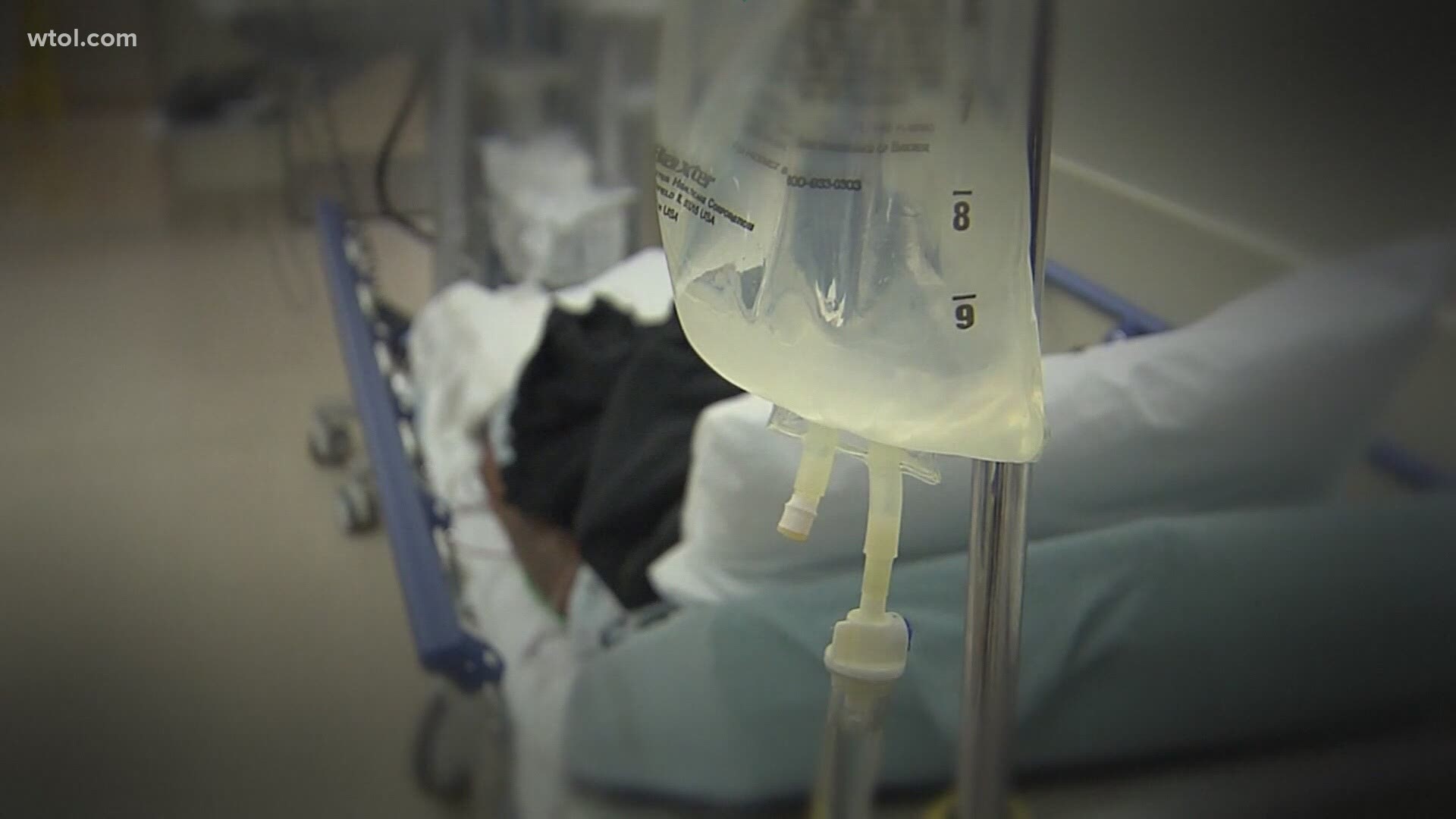TOLEDO, Ohio — A study from Northwestern University found that 85% of COVID-19 long-haulers experience severe neurological symptoms weeks to months after testing positive.
Dr. Ted Barber, a neurologist at the Toledo Clinic, says the population of long-haulers is growing every day.
"Two to three patients a week now come in with some type of sequel to their COVID infection," he said.
Barber noted most patients show symptoms like headaches and loss of smell and taste. But things like brain fog or memory loss are most common.
"Closest thing that I can put it into is these patients act a lot like MS (multiple sclerosis) patients," he said. "MS patients have a lot of symptoms in varying distributions of the body at various times."
Jillian Messina, a 44 year-old mom and chef in Casa Grande, Arizona, said she hasn't been the same since getting the virus.
"Since January, I haven't felt like myself," she said.
She battled a viral infection in February 2020. At the time, her doctors didn't know what was causing her neurological symptoms.
Now they believe it was COVID-19. Fast forward to this year, she's tested positive twice, first in January and then again a month later in February.
"When I got the COVID again, it's like it spiraled out of control," she said.
Her ongoing symptoms include brain swelling, memory issues and loss of taste and smell, which has put her out of work as a chef. She said she can no longer multitask and it scares her to do even simple things in the kitchen.
"I boiled water for like three hours on high on my gas stove," she said. "I could've burned down my house; I just spaced it."
Messina isn't giving up hope just yet. She is exploring other treatments including getting the vaccine.
Barber noted while they are still learning how unpredictable the coronavirus is, they do have experience treating some of these symptoms.
"For headaches, that's something we can do a lot about," he said. "For memory loss, we can do some things about. For fatigue, we can do some things about. So there's tools we can employ and it is a bit of trial and error to find out what's going to work for which patient."
Barber says it's all about time; in that either symptoms will go away in time, or better treatments will come along in time.

